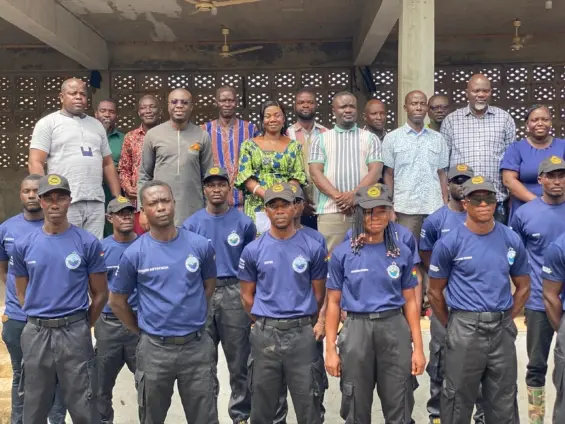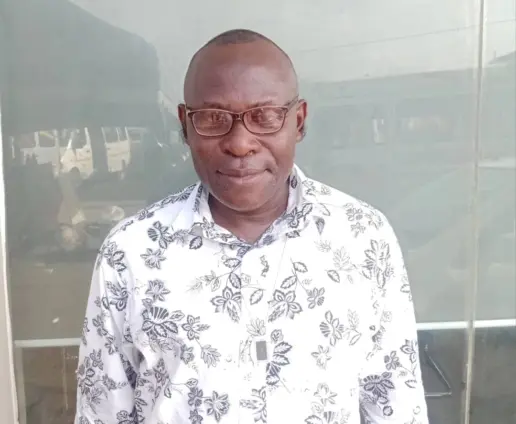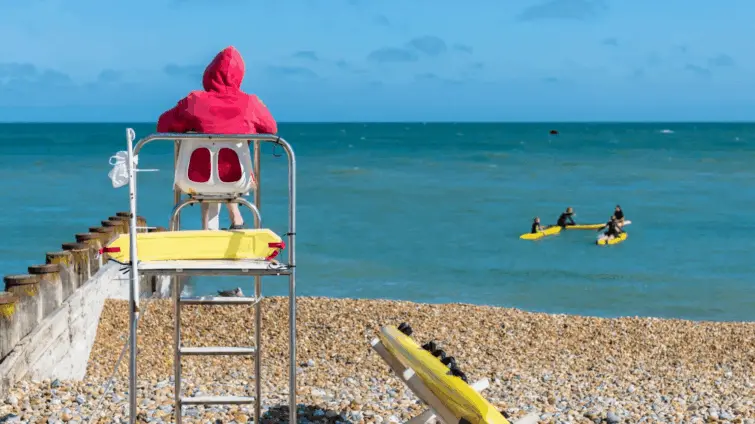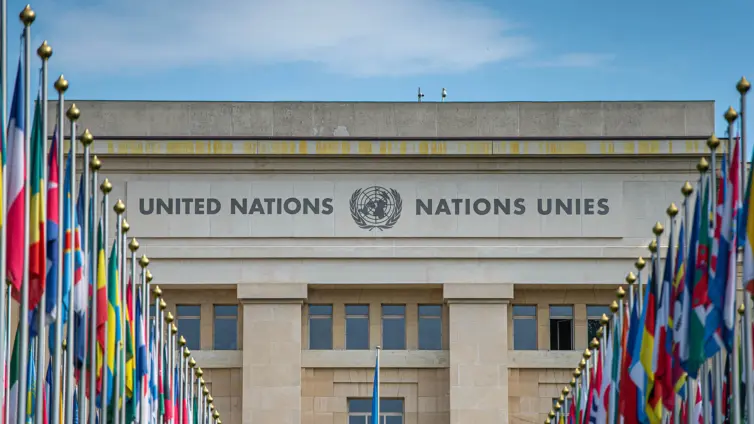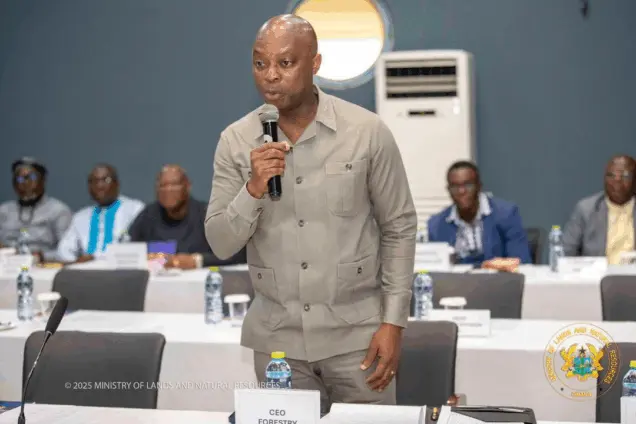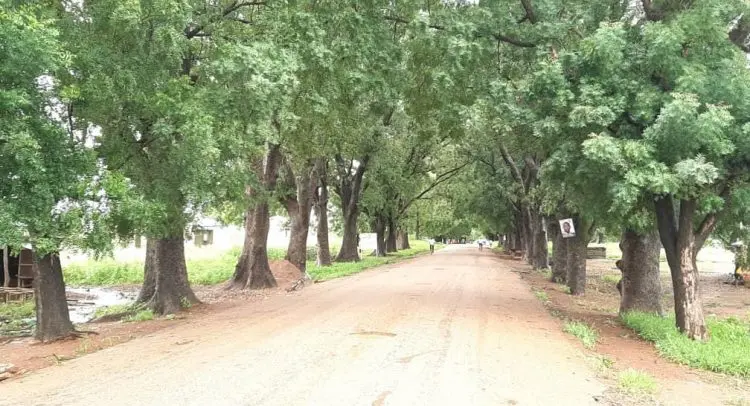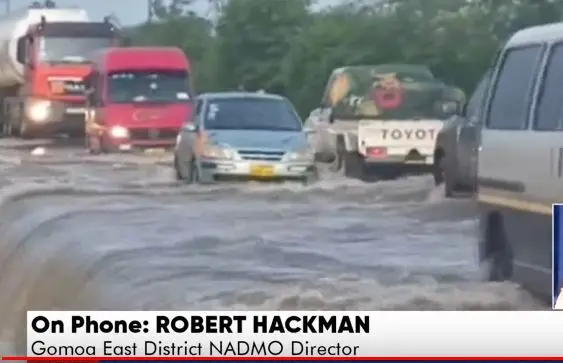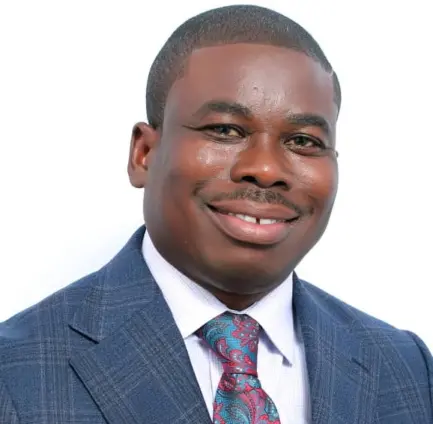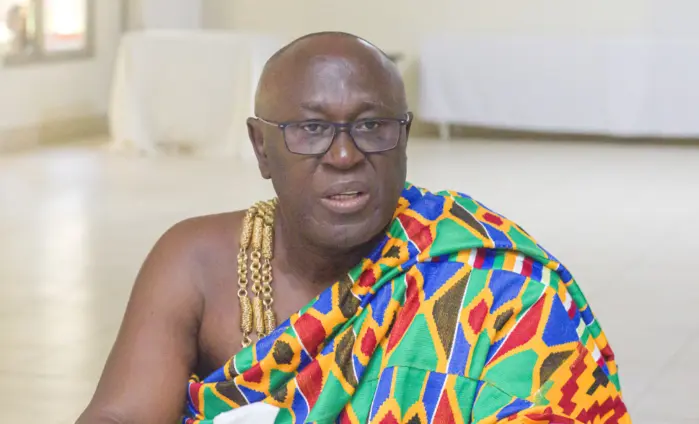The muddy waters of Ghana’s Western Region tell a troubling story: rampant illegal mining is choking the life out of the country’s vital water sources. Faced with this escalating crisis, the Minerals Commission has deployed 20 **Blue Water Guards** to Mpohor and Adum Banso, signaling a determined effort to combat **illegal mining** and restore the region’s ravaged ecosystems. This initiative aims to directly address the severe **water pollution** that plagues local communities, representing a critical step toward a sustainable future.
The deployment of the **Blue Water Guards** is part of a broader national campaign to rehabilitate Ghana’s degraded water bodies. Local leaders have voiced increasing alarm over the contamination of rivers and streams, emphasizing the urgent need for action to protect public health and preserve the environment.
“Tap water has become undrinkable due to pollution of rivers and streams,” lamented Osabarima Kwaw Entsie II, the Omanhene of Mpohor Traditional Area, highlighting the dire consequences of **illegal mining**. He underscored the critical need to protect water sources, pointing to a rise in waterborne diseases within his community. The **Blue Water Guards**’ mission is to directly confront this challenge, working to halt the destructive practices that are poisoning the water supply. The Omanhene also stressed the importance of ensuring the safety and well-being of the **Blue Water Guards** themselves, as they undertake this vital task.
Community support is essential for the success of this environmental initiative. Mr. Francis Annobil Jr., the Western Regional Manager of the Minerals Commission, has directed that all mining-related taxes be channeled directly to the government through the Commission, ensuring financial accountability and transparency. “All mining-related taxes must be channelled directly to the government via the Commission,” he stated, cautioning against unauthorized fees or collections that could undermine the initiative. Vigilance is key to preventing corruption and ensuring that resources are used effectively to combat **illegal mining**.
Mr. Steven Agbo of the Minerals Commission emphasized the importance of adhering to best mining practices, stating that “Current activities often deviate from established regulations, exacerbating environmental and social challenges.” The Commission is committed to assisting miners in regularizing their operations, promoting sustainable practices that benefit both the communities and the ecosystems. By adhering to mining regulations and environmental standards, miners can contribute to the long-term health of the region.
Sophia Aubynn, the District Chief Executive, highlighted the urgent need to halt environmental degradation, warning of the potential consequences of unregulated mining, such as collapsed houses, flooding, and abandoned pits posing lethal risks. “Unregulated mining could lead to collapsed houses, flooding, and abandoned pits posing lethal risks,” she said, underscoring the importance of communal cooperation and responsible mining practices. The **Blue Water Guards** will play a crucial role in enforcing regulations and ensuring that mining operations are conducted safely and sustainably.
Henry Kofi Bentil, the Member of Parliament for the area, praised the initiative and called for responsible mining practices, emphasizing the importance of youth engagement and collaboration among stakeholders. ASP William Abotsi, the Mpohor District Police Commander, pledged the support of the police force and advised the **Blue Water Guards** and community members to work together to enforce regulations and safeguard communities. “The involvement of the Police is vital for enforcing regulations and safeguarding communities,” he noted.
The deployment of the **Blue Water Guards**, backed by support from community leaders, government agencies, and law enforcement, represents a significant step toward protecting water resources and advancing sustainable development in Ghana’s Western Region. By working together to combat **illegal mining** and promote responsible practices, community members and stakeholders can ensure a cleaner, healthier environment for generations to come. The success of the **Blue Water Guards** will depend on the continued support and vigilance of all involved.
Image Source: MYJOYONLINE

